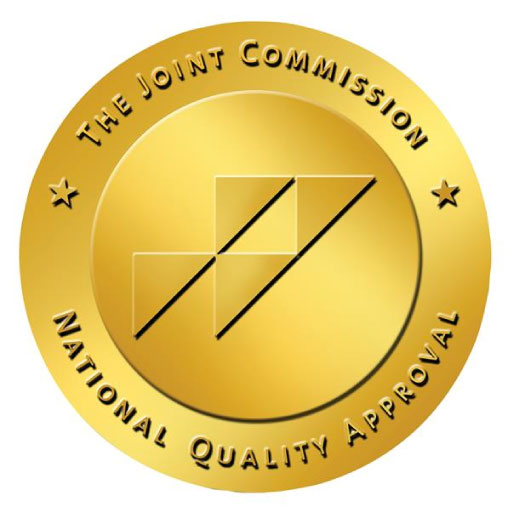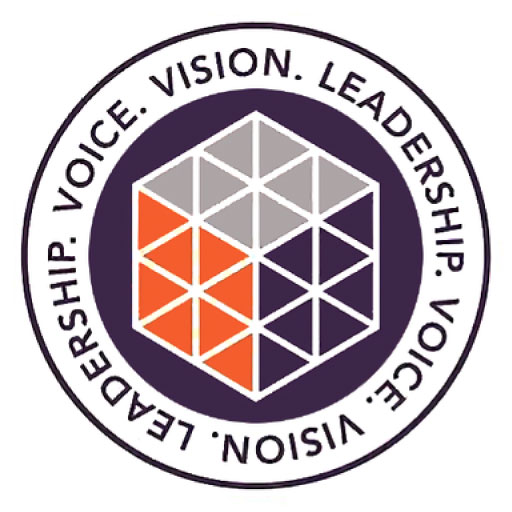One of the worst aspects of addiction is the feeling of powerlessness. Addiction has a way of stripping you of your confidence and self-esteem and making you feel weak-willed and incompetent. When seeking treatment for mental health issues and addiction recovery, you may feel like you are handing over your power yet again to medical professionals and therapists. However, you are in charge of your recovery and should feel empowered to speak up about what it is you need in treatment. Advocating for yourself can be a challenge, especially if you aren’t used to asking for what you need. Standing up to authoritative figures and medical professionals can also be intimidating. With a little practice, self-advocacy will become second nature and enable you to customize your experience in any medical or mental health setting.
We help people with addictions and substance use disorders recover. Get mindfulness training and learn the 12 Steps for deeper healing.
Here Are Seven Tips for Practicing Advocating for Yourself in Recovery
1. Believe You Are Capable
The experience of addiction treatment should build your self-esteem, not demolish it. Addiction strips you of confidence in your ability to change your circumstances. Now that you are taking the necessary steps towards recovery, it is time to acknowledge that you are capable of great growth and transformation. The first step in advocating for yourself is believing that you are in charge of your journey and you can decide how best to make treatment work for you.
2. Create Your Own Goals
Any time you are seeking professional help for mental illness or addiction, it is important to create a clear vision of what success would look like to you. Treatment isn’t about adhering to someone else’s definition of recovery, but instead should be about enlisting professionals to help you create the life you want. If you feel you are being pushed towards a version of recovery that doesn’t feel authentic or conducive to your true self, speak up. Let your care providers know as soon as possible what you hope to achieve during treatment, and what you want your life in recovery to look like.
3. Educate Yourself
One of the fastest and most efficient ways to empower yourself in recovery is to educate yourself about mental health issues and addiction. You may feel like you are an expert on addiction because you have lived it, but learning how substance abuse changes the brain and how recovery happens on a chemical level can help you to take an objective look at your treatment. If you feel some aspect of your treatment is counterintuitive to what you have learned, bring the issue up with your recovery team.
4. Enlist the Help of Loved Ones
If you feel you are being mistreated or you wish to change something about your treatment, it helps to have the support of family to advocate on your behalf. It can sometimes be easier to talk to those closest to you about your concerns and ask for their helping in discussing your care with your provider. Talking to your family about your needs is a great first step in building your confidence in self-advocacy.
5. Stay Calm
While it may be easier said than done, staying calm and collected when asking for what you need from your recovery team is far more effective than lashing out in anger or frustration. Most mental health and addiction professionals want to work with you to determine what conditions will bring you the most success, but nobody responds well to abrupt confrontation. Try planning what you want to say in advance, and practice taking a few deep breaths before you engage in a potentially tense conversation.
6. Don’t Be Afraid to Say What Isn’t Working
There are many methods and techniques used in mental health and addiction recovery, and what works for one person may not work for the next. Don’t spend all your time in treatment passively participating in therapy techniques that don’t work, or continuing to take a medication that is showing poor results. Speak up and let your recovery team know how you are doing every step of the way, or if you think a specific aspect of your treatment plan is not working for you. A quality treatment center should be able to adjust and customized plans for patients so that each client is getting the best care possible for their unique needs.
7. Know Your Rights
Mental health and addiction both carry heavy stigmas in our culture and because of these labels many people seeking treatment falsely believe they don’t have the same rights as individuals with physical diseases. The truth is that every person in treatment for mental illness or addiction has the same rights as individuals in any other medical setting. While the professionals treating you are likely to know a great deal about addiction and deserve a bit of faith on your part, you also deserve to be listened to and respected every step of the way.






